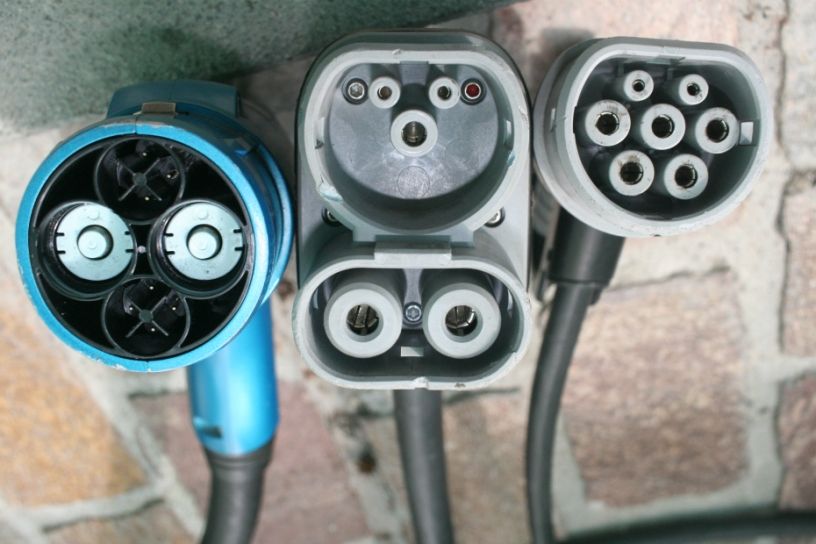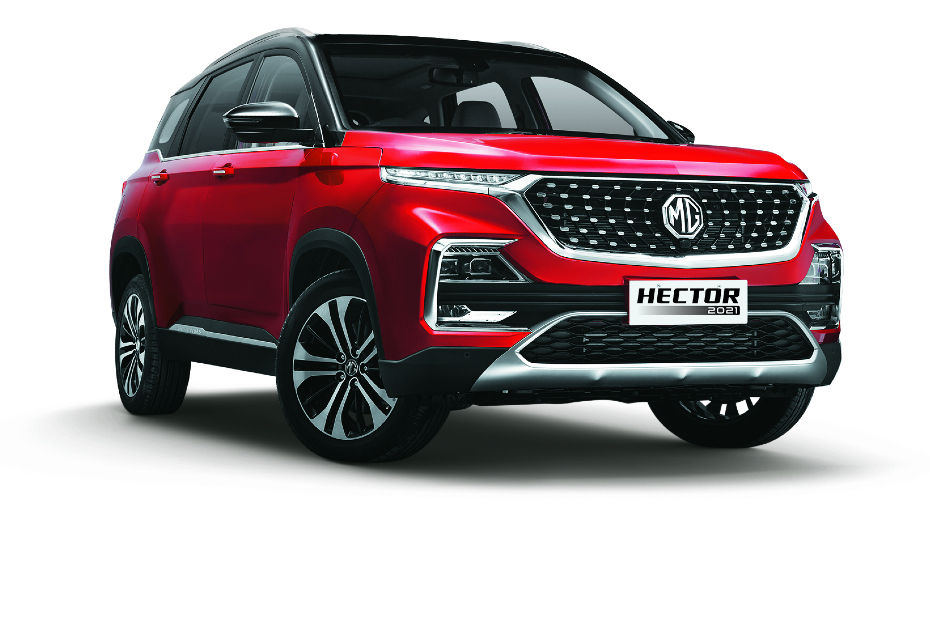Why India’s Electric Vehicle Charging Revolution Is Imminent
Published On Dec 27, 2019 11:23 AM By Sponsored
- Write a comment
Both the Indian government and private players are pushing towards creating a comprehensive EV charging infrastructure in the country

That EVs (electric vehicles) are here to stay is a given. Even the most passionate ICE fans would not argue against the immense benefits EVs bring to the table. For instance, the MG ZS EV has zero emissions, runs quieter than the smoothest ICE vehicle you can find today, and has a much lower cost of ownership than fossil fuel-powered vehicles.
But for most aspiring EV buyers, the biggest apprehension with electric vehicles is the associated range anxiety. However, going by the recent amendments to the government’s EV charging infrastructure policy, range anxiety isn’t likely to remain a sticking point for long.
A Game-changing Public EV Charging Roadmap

With the aim of meeting its target of 30 per cent electric vehicles and green mobility by 2030, the Indian government recently amended its EV charging guidelines. The tweaks to the policy will fast-track the creation of a comprehensive EV charging infrastructure throughout India. Some major aspects of the amended policy are:
-
A minimum of one charging station per 3 sq. km. radius in cities and per 25km on both sides of highways within cities.
-
Fast-charging stations at every 100km on both sides of inter-city highways.
-
Electricity distribution companies (DISCOMs) to facilitate setting up of EV charging in private homes/offices.
-
Individuals/entities can set up PCS (public charging stations) without a licence
-
Electricity used to charge EVs from home outlets will be akin to domestic consumption and charged accordingly.
The government has also left the choice of the type of EV charger to public charging station owners. That means PCS owners can choose from Type-2 AC, CCS, CHAdeMO, and Bharat AC 001 chargers for their stations. The policy changes have also left the door open for other types of fast, moderate, and slow chargers developed in future after due DST/BIS approval.
How Do These Policy Changes Benefit You?

To sum it up, EV owners can soon enjoy the same kind of range flexibility as their ICE vehicle counterparts.
The removal of bureaucratic hurdles such as licence requirements will encourage more individuals and entities to set up public charging stations. This will enable cars like the MG ZS to charge up to 80 per cent in just 50 minutes at charging stations in cities and on highways. So whether it’s your local commutes or long-distance drives out of city limits, you will never have to deal with range anxiety.
The amendments also make it easier and more affordable to charge your EV at home. That is because DISCOMs will not only facilitate the installation of private EV chargers for homes/offices but also bill private charging as per domestic consumption rates.
This amounts to significant savings in the case of MG India, which partners with Delta Electronics and Exicom Tele-Systems to install a Type-2 7.4kW AC wall charger at your home/office free of cost. This charger lets you fully charge the ZS EV in just 6-8 hours.
Private Players Are Getting In On The Action

These new amendments are expected to further encourage private players into investing in India’s EV charging infrastructure. Companies like MG India have already taken a lead in this space by partnering with Fortum Charge and Drive India to install 50kW DC fast chargers with both CCS and CHAdeMO connectors at its various dealerships. These fast chargers are capable of charging the MG ZS from 0-80 per cent in a mere 50 minutes. In terms of range, that equates to 270km worth of charge in less than an hour.
Going Electric Will Get Easier

Government policy is often the first step towards any major change in the automotive industry -- like the discontinuation of new 2-stroke vehicles, introduction of cleaner fuel standards, and improvement of vehicle safety norms. And with these new user- and investor-friendly changes, India’s EV charging infrastructure is well on its way to becoming as widespread as conventional fuel networks.










